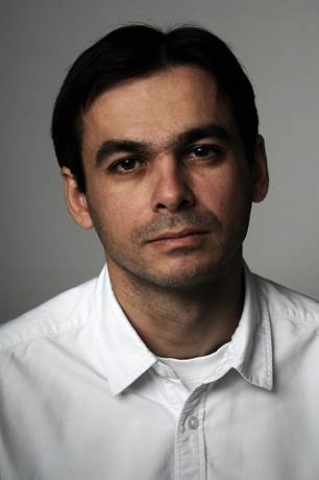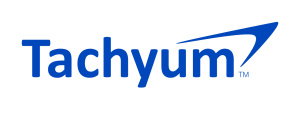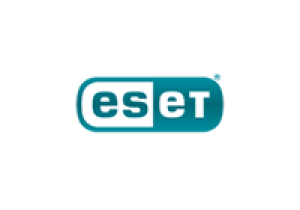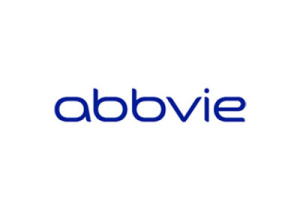
Marek Havrda
Dr. Marek Havrda is Strategy Advisor at GoodAI, a private R&D company focusing on the development of Artificial General Intelligence and AI applications, where he leads the strategic planning related to long-term impacts of Artificial Intelligence. Marek actively contributes to global discussion about governance and impacts of AI and to various AI initiatives such as IEEE Global Initiative for Ethical Considerations in Artificial Intelligence and Autonomous Systems and Global Governance of AI Roundtable. Marek has been invited to talk at global events and universities, including United Nations events and University of Cambridge.
Marek is on a long-term personal leave from the European Commission, where he contributed to the Impact Assessment of new legislation and to the use of behavioral economics for policy formulation. Previously, he worked for think-tanks and the private sector with multinational innovation leaders in telecom and material industries. He also founded, Schola Empirica, a successful international educational NGO. He has served as an advisor to the Czech Ministry of Finance and Ministry of Education, and as a member of the Regulatory Impact Assessment Board he advises the Czech Government on potential impacts of draft legislation. He studied economics, sociology, international relations and public administration at Charles University, Warwick Business School, Johns Hopkins University and Georgetown University. Marek is recipient of Fulbright, Chevening and George Soros scholarships.
-
General Artificial Intelligence | Medzinárodný kongres ITAPA 2018: Hacking the Future
The encouraging development and implementation of artifi- cial intelligence (AI) has brought about questions of the impact it will have on employment. Machines are beginning to fill jobs which have been traditionally been reserved for humans, such as driving a car or prescribing medical treatment, how these trends may unfold is a cru- cial question. The paths we will take, or will be taken on, will influence the basics of how societies function with its effects on social cohesion and democracy. According to Amara’s law we tend to overestimate the effect of technology in the short run and underestimate it in the long run. Therefore it seems useful to discuss the possibilities now, so that we can prepare better for various eventualities in the future, and consider different strategies which may be taken today. It could also help us think about what kind of future we actually want.
-
Discussion | Medzinárodný kongres ITAPA 2018: Hacking the Future




















